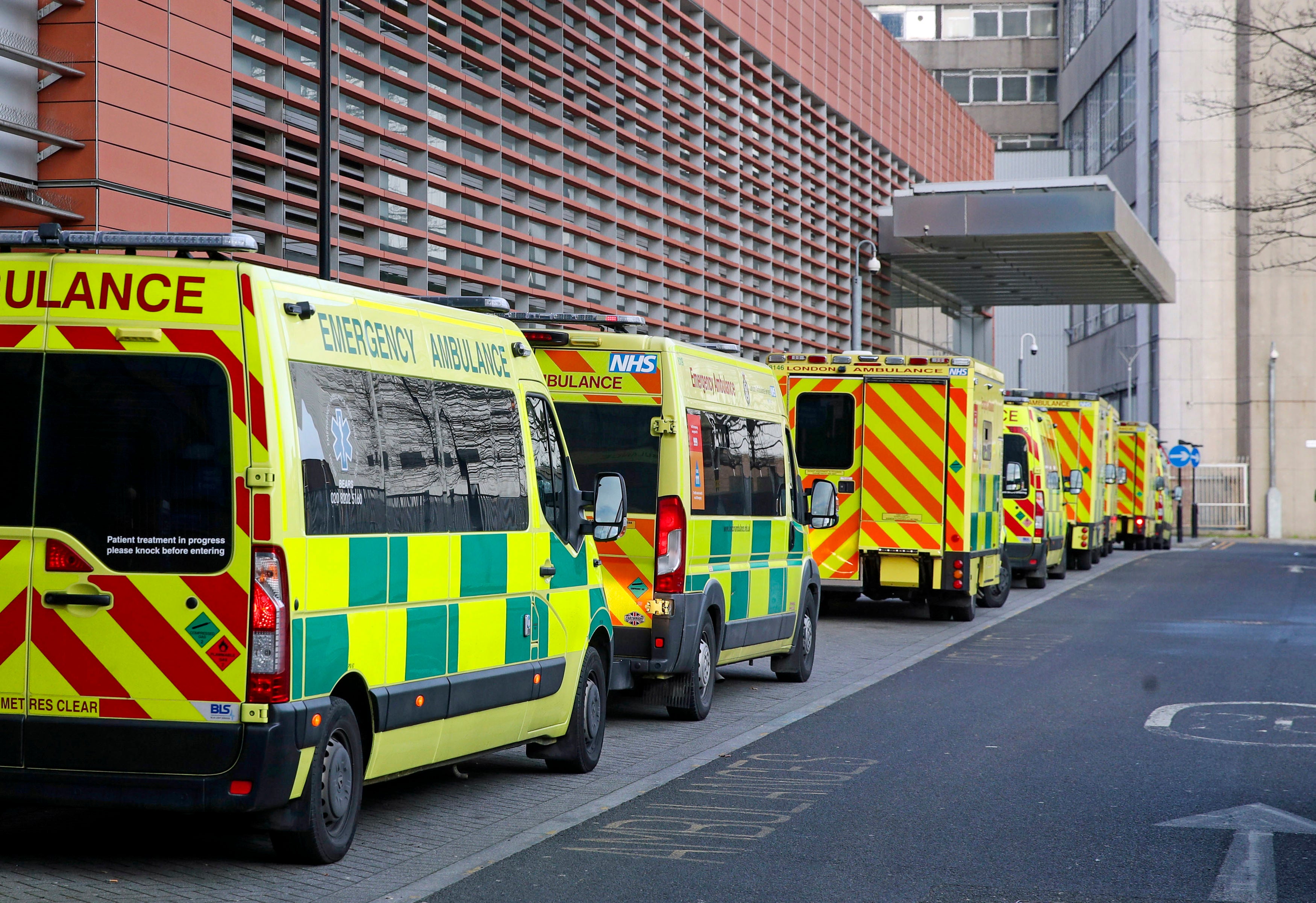NHS England reduces Covid emergency incident level
NHS England reveals £8 billion plan to recover patient services after the coronavirus crisis for hospitals reduces

NHS England has said it will reduce the national coronavirus emergency incident level today as the number of patients in hospital continues to fall.
The decision will hand back some control of to local NHS hospitals and comes as NHS England revealed its plan for starting to tackle record backlogs in waits after thousands of operations were cancelled.
NHS England said that more than 380,000 coronavirus patients have been treated in hospital since the start of the pandemic, with one patient admitted to critical care every 30 minutes.
Chief executive Simon Stevens said: “We had over 34,000 severely ill Coronavirus patients in our hospitals in mid January. That number is now 4,000 and although that is still about 400 more Covid patients than we had this same day a year ago, nevertheless that very sharp decrease in the number of patients with Covid in hospital is a consequence of both declining infection rates across the community and the impact that's now being felt from the vaccination programme.
“As a result of those much reduced acute pressures on the health service, today I'm recommending that we reduce the national alert level across the health service from level four to level three, and that would take effect today.”
He added: “We’ve got funding certainty for our Covid costs for the first half of the year, which I personally felt was very important that we had that planning certainty. We’ve got extra funding that we’ll be deploying to tackle long waiting lists, we are doubling down on the investment guarantees that we have made for mental health services and GP and community services.”
Read more:
At the peak of the pandemic in January 2021, around 4,000Covid patients were being looked after in critical care every day. More than33,620 Covid-19 patients were treated in intensive care since the first casewas diagnosed.
More than 100,000 patients with Covid-19 were admitted tohospital in January 2021 alone.
Amanda Pritchard, NHS England’s chief operating officer, said the current waiting list for surgery was “worthy of pause” but added: “That in itself makes you realise the scale of the challenge ahead of us. But I don't want to just make the mistake of allowing us to think about the elective challenge, because we also have a recovery challenge in relation to mental health, learning disabilities, primary care and community services. No part of the NHS has been untouched by the experience of the past year.”
NHS England said it was putting in place an £8.1 billion plan to help recover all patient services with NHS trusts rewarded with money from a £1 billion pot in exchange for doing more operations and seeing increased numbers of patients in the coming months.
Latest waiting times data shows the total NHS waiting list has grown to 4.7 million, the largest waiting list on record, with more than 300,000 patients waiting longer than a year for treatment. NHS England said waiting times had started to fall since the summer last year.
The NHS is also providing staff with more support as the consequences of the pandemic on frontline nurses and doctors begins to emerge. It has opened 40 new mental health hubs across the country to give staff specific suppot.
Sir Simon Stevens added: “More than a year after the NHS treated this country's first Covid patients hospitals have now treated 390,000 patients critically ill with the virus, including more than 100,000 in January alone.
"But they have also pulled out all the stops to treat millions of people with other conditions, and the whole of NHS is now mobilising to roll out the biggest vaccination campaign in history. The NHS made good use of the summer and autumn, when infections and hospitalisations were lower, to restore services and begin tackling the backlog.
“With infections once again now falling, this investment will help nurses, doctors and other staff go further and faster in realising the aims of the NHS Long Term Plan while supporting them as they do so.”
Join our commenting forum
Join thought-provoking conversations, follow other Independent readers and see their replies
Comments
Bookmark popover
Removed from bookmarks